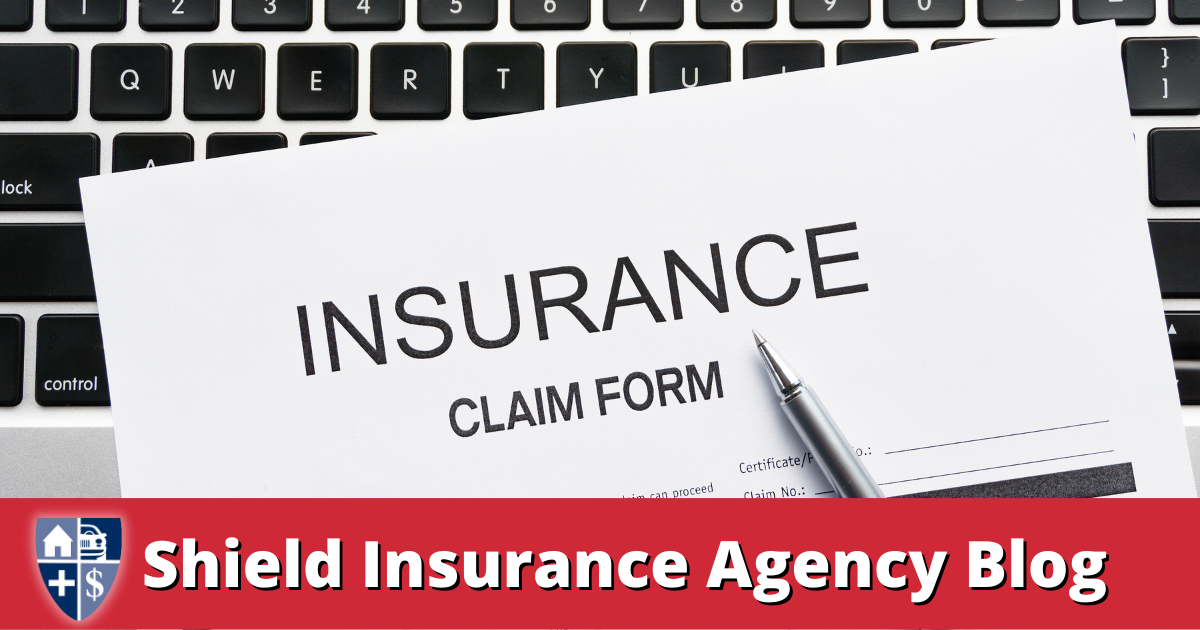
Umbrella Policies Demystified: The 🔑 to Total Peace of Mind
Shield Insurance Agency Blog | Umbrella Policies | Umbrella Insurance | Start A Quote Today!
In today’s world, it’s important to protect yourself and your assets from unexpected events. One way to do this is by having an umbrella policy. But what exactly is an umbrella policy and why would you need one? In this blog post, we will explore the benefits of having an umbrella policy and how it can provide you with peace of mind and financial security.
Umbrella Policies also known as Liability Insurance
An umbrella policy, also known as excess liability insurance, is a type of insurance that provides additional coverage beyond the limits of your existing insurance policies. It acts as a safety net, protecting your personal assets in the event of a lawsuit or major accident where you are found liable for damages.
One of the main reasons why you would need an umbrella policy is for asset protection. If you have significant personal assets, such as a home, car, or savings, you could be at risk of losing them in a lawsuit. An umbrella policy provides an extra layer of protection, ensuring that your assets are shielded from potential legal expenses and damages.
Umbrella Policies Provide Comprehensive Protection
Another reason to consider an umbrella policy is for comprehensive protection. While your existing insurance policies, such as auto or homeowners insurance, may provide coverage for bodily injury or property damage, they often have coverage limits. If the damages exceed these limits, you could be left responsible for the remaining costs. An umbrella policy provides additional coverage, filling in the gaps and giving you peace of mind knowing that you are fully protected.
Having an umbrella policy also offers extra protection in the event of a major accident or lawsuit. It can cover legal expenses, including attorney fees and court costs, which can quickly add up. Without an umbrella policy, you may find yourself facing significant financial burdens that could impact your future financial security.
One of the key benefits of an umbrella policy is the peace of mind it provides. Knowing that you have an extra layer of liability protection can help alleviate the stress and worry that comes with potential lawsuits or accidents. It allows you to focus on enjoying life without constantly worrying about the financial consequences of unforeseen events.
Risk Management and Umbrella Policies
When it comes to risk management, an umbrella policy is an essential tool. It helps you mitigate the risks associated with personal liability and property damage. By having comprehensive coverage, you are better prepared to handle unexpected situations and protect your financial well-being.
Now that you understand the importance of an umbrella policy, it’s essential to find the right insurance coverage for your needs. Shield Insurance Agency represents over 40 insurance companies, offering a wide range of options to choose from. Their experienced agents can help you navigate the complexities of insurance policies and find the best coverage for your specific situation.
To get started, contact Shield Insurance Agency at (616) 896-4600 for a free quote today. Their knowledgeable agents will guide you through the quoting process and ensure that you have the right umbrella policy to protect your assets and provide you with the peace of mind you deserve. You can also start the quoting process by visiting this LINK, and an agent will be in touch soon.
In conclusion, an umbrella policy is a crucial component of your overall insurance coverage. It provides asset protection, comprehensive coverage, and extra protection in the event of a major accident or lawsuit. With an umbrella policy, you can enjoy peace of mind, knowing that your personal assets are safeguarded and your financial security is protected. Don’t wait until it’s too late – contact Shield Insurance Agency today and get the coverage you need.



























































